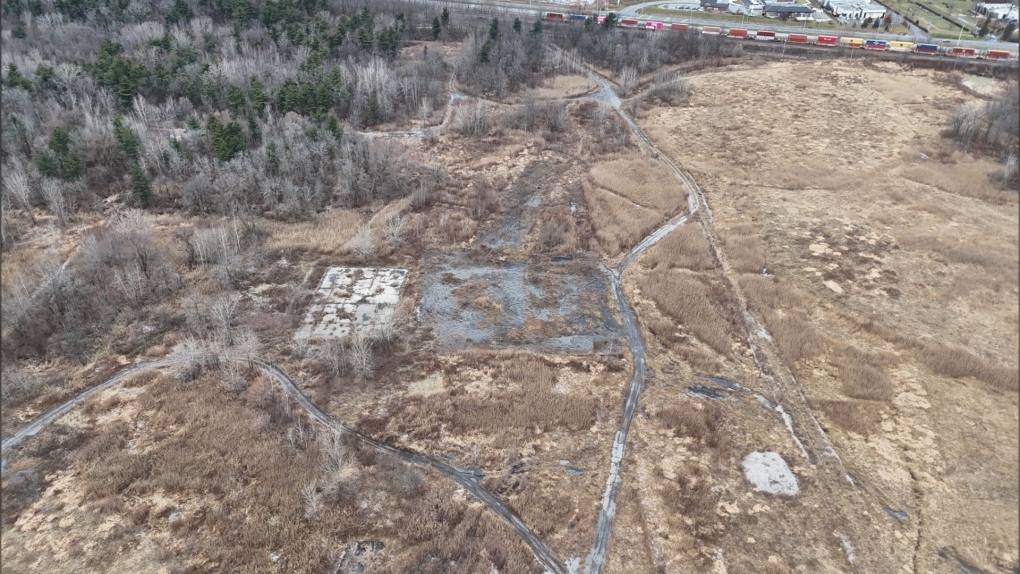Around 8,000 trees will be cut down in the coming weeks to make room for the future Northvolt battery plant in Quebec.
Construction of the massive $7 billion plant in St-Basile Le Grand and McMasterville(opens in a new tab) is expected to start in the coming days after being announced in October.
Quebec committed $2.9 billion and Canada chipped in with up to $1.34 billion.
Northvolt has committed to replanting 2.5 trees for every one they cut down to build the plant.
"What Northvolt is doing is better than what we see in many cities where they plant one-to-one, and here we'll plant 2.5-to-one," said Maxime Bourdeau of the Centre de Revitalization du Bois Urbain.
Access roads will be built so trucks can carry wood and other excavation material in the spring.
The company has been under fire because it was granted permission to bypass the environmental review process (BAPE) during construction.
"We have avoided the most sensitive parts of the site, we have minimized our impact on the site, and we plan on minimizing the residual impact we have," said Norvolt spokesperson Laurent Therrien.
 The site of the future Northvolt site that will manufacture batteries for electric vehicles.
The site of the future Northvolt site that will manufacture batteries for electric vehicles.
Northvolt claims to make the greenest electric car batteries in the world, but its components will include metals like lithium, nickel, manganese, graphite and cobalt.
Their unsafe extraction in third-world countries has led to major criticisms against the electric car industry.
"The policy of Northvolt is to work with suppliers that can prove they don't have social or environmental impacts," said Therrien. "This is part of our lifecycle assessment."
The fast-track nature of the project, coupled with limited input from the local population, continues to rattle some in the St-Basile-le-Grand and McMasterville(opens in a new tab) communities.
"Everything was done behind our backs," said opponent Francois Cousineau. "Information barely trickled down to us."
Northvolt said it doesn't want to waste any time and hopes to have the structure built as early as the summer, with the first batteries being rolled out by 2026.